Market Analysis
In-depth Analysis of Syrup Market Industry Landscape
The syrup market encompasses a wide range of products used in various industries, from food and beverages to pharmaceuticals and cosmetics. The dynamics of this market are shaped by several key factors, including changing consumer preferences, industry trends, and economic conditions. One of the primary drivers of market dynamics in the syrup industry is the diverse applications of syrup in food and beverage products. Syrups are used as sweeteners, flavor enhancers, and texturizing agents in a wide array of products, including soft drinks, desserts, baked goods, and sauces. As consumer tastes evolve and demand for natural and innovative ingredients grows, manufacturers are introducing new syrup varieties with unique flavors, organic ingredients, and reduced sugar content to meet changing consumer preferences.
Moreover, health and wellness trends play a significant role in shaping market dynamics within the syrup segment. With increasing awareness about the health risks associated with excessive sugar consumption, consumers are seeking healthier alternatives to traditional syrups. This has led to a growing demand for natural sweeteners such as honey, maple syrup, agave nectar, and stevia-based syrups. Manufacturers are responding to this demand by reformulating their products to reduce sugar content, offering organic and non-GMO options, and highlighting health benefits such as low glycemic index and antioxidant properties to appeal to health-conscious consumers.
Furthermore, the syrup market is influenced by broader industry trends such as the rise of specialty and gourmet food products. As consumers seek unique and premium culinary experiences, there is a growing demand for artisanal syrups made from high-quality ingredients and featuring exotic flavors and botanical infusions. This trend is driving market players to focus on product differentiation, premiumization, and packaging innovation to stand out in a competitive market landscape. Additionally, the emergence of craft cocktail culture and mixology has created opportunities for syrups as essential ingredients in creative cocktail recipes and bar offerings.
Another significant factor shaping market dynamics is the impact of globalization and international trade. With increasing globalization, consumers have access to a wide variety of syrups from different regions around the world, each offering unique flavors and cultural significance. This has led to a growing demand for exotic and ethnic syrups such as fruit syrups, floral syrups, and herbal infusions, as well as traditional syrups used in global cuisines. Market players are expanding their product portfolios to include international flavors and ingredients to cater to diverse consumer preferences and to capitalize on the growing popularity of global cuisine.
Moreover, economic factors such as disposable income levels, inflation rates, and consumer spending patterns also influence market dynamics within the syrup segment. During periods of economic growth and prosperity, consumers may be more willing to indulge in premium and gourmet syrup products, driving demand for upscale options. Conversely, during economic downturns, consumers may prioritize essential purchases, leading to a shift towards more affordable and value-oriented syrups.
In addition to consumer-driven factors, regulatory policies and industry standards also play a crucial role in shaping market dynamics within the syrup industry. Government regulations related to food safety, labeling requirements, and ingredient sourcing influence product development, manufacturing processes, and marketing strategies within the industry. Market players must stay abreast of regulatory changes and compliance requirements to ensure their products meet the necessary standards and regulations.


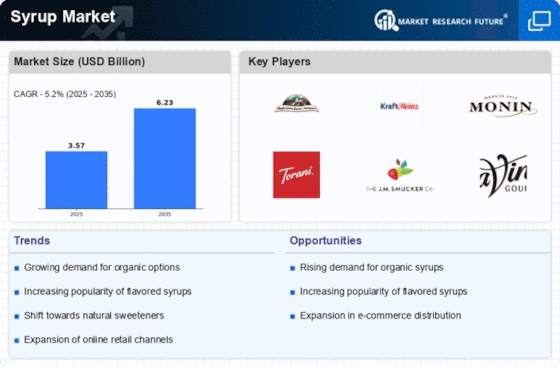
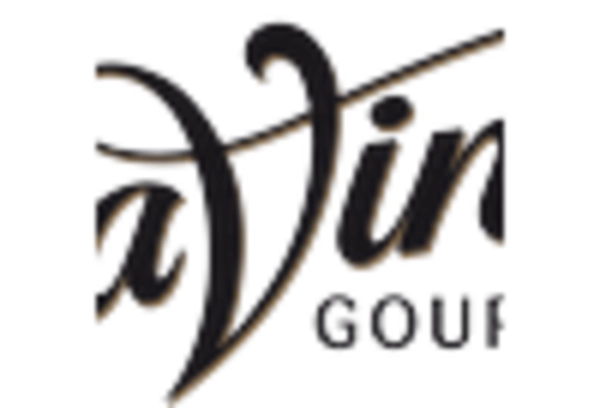

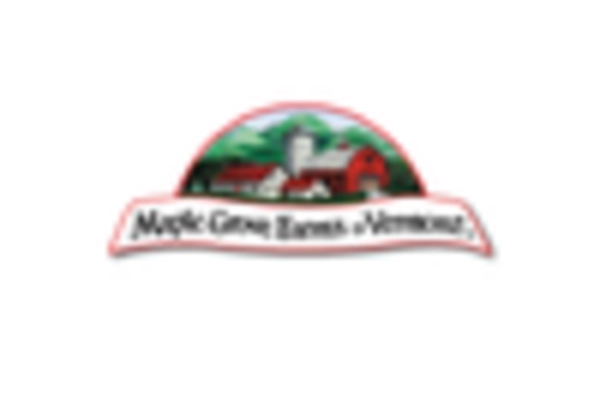
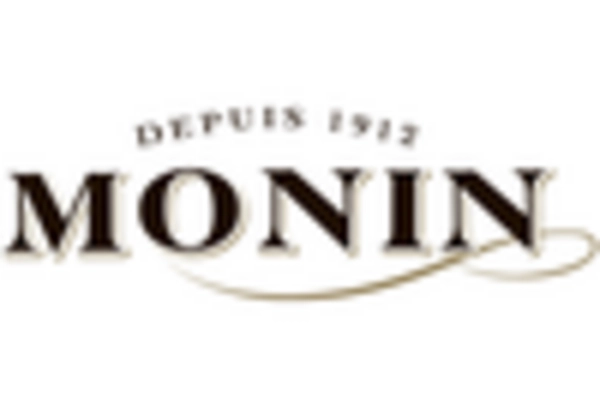
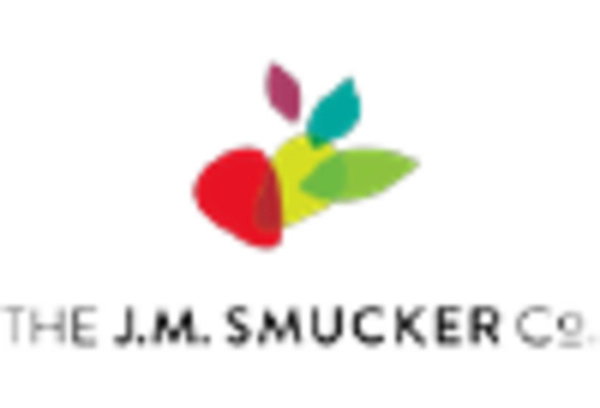
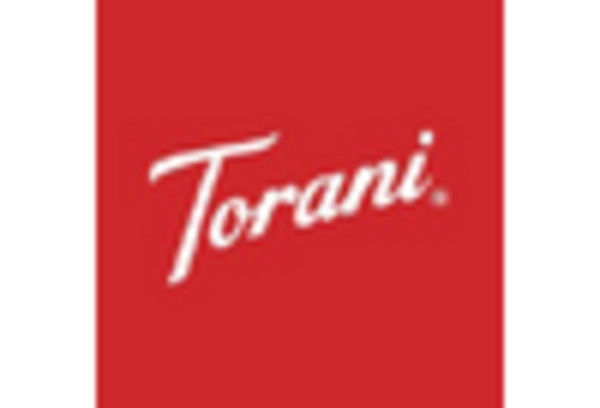










Leave a Comment